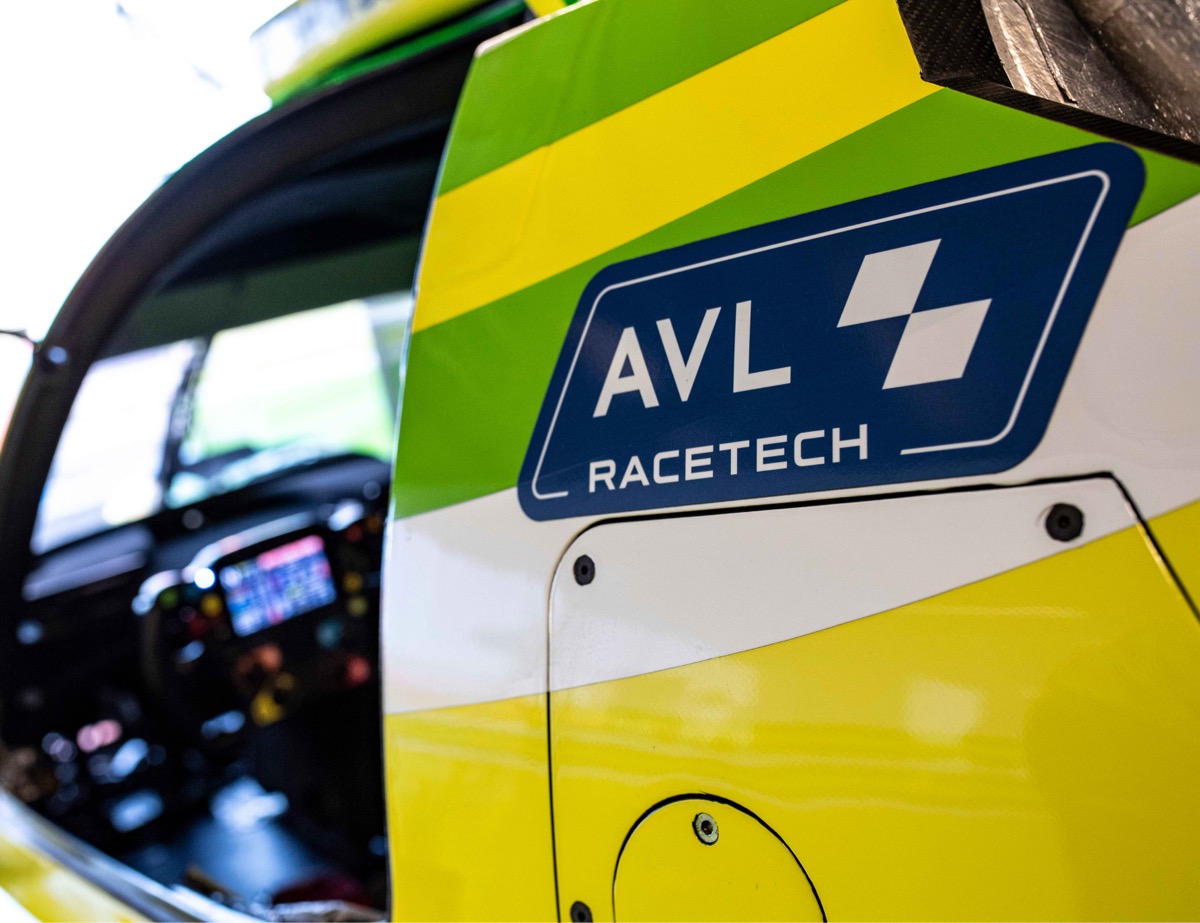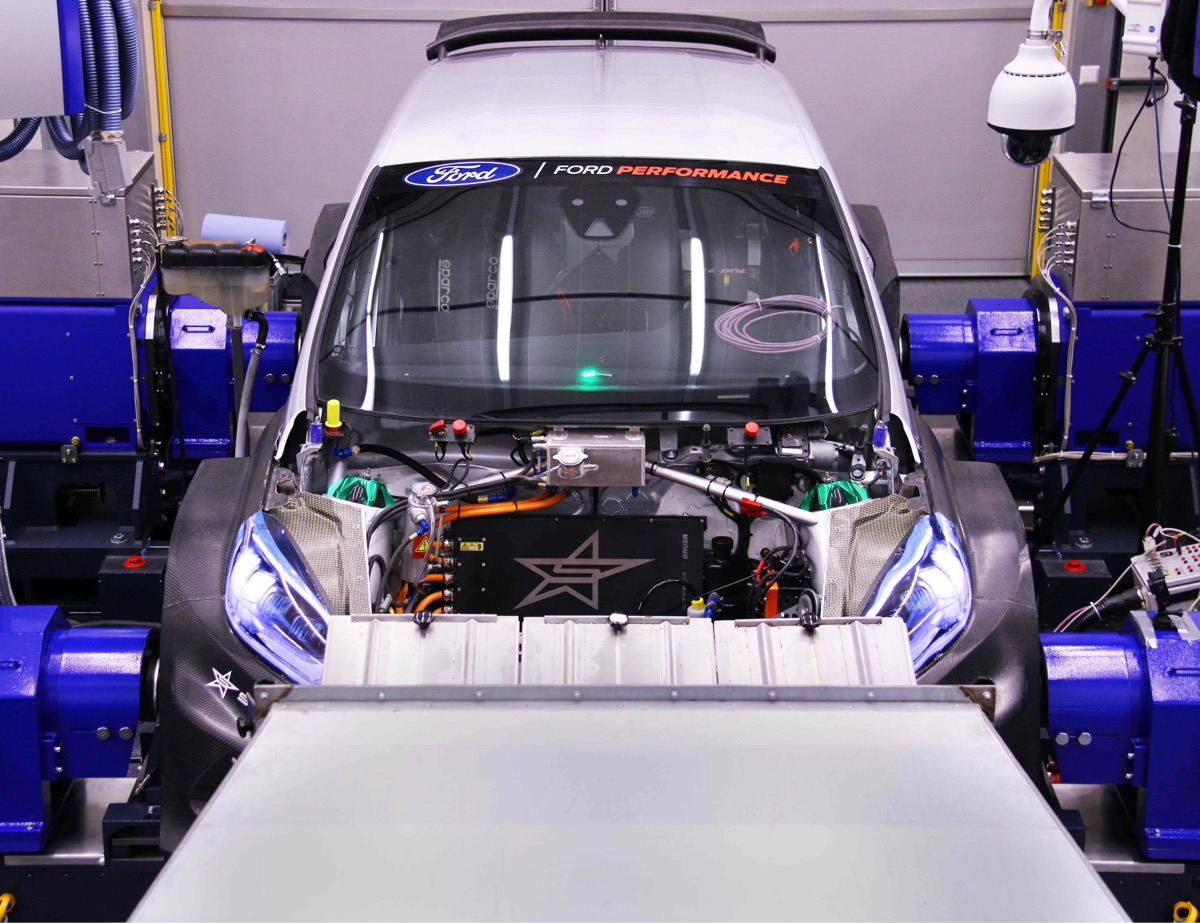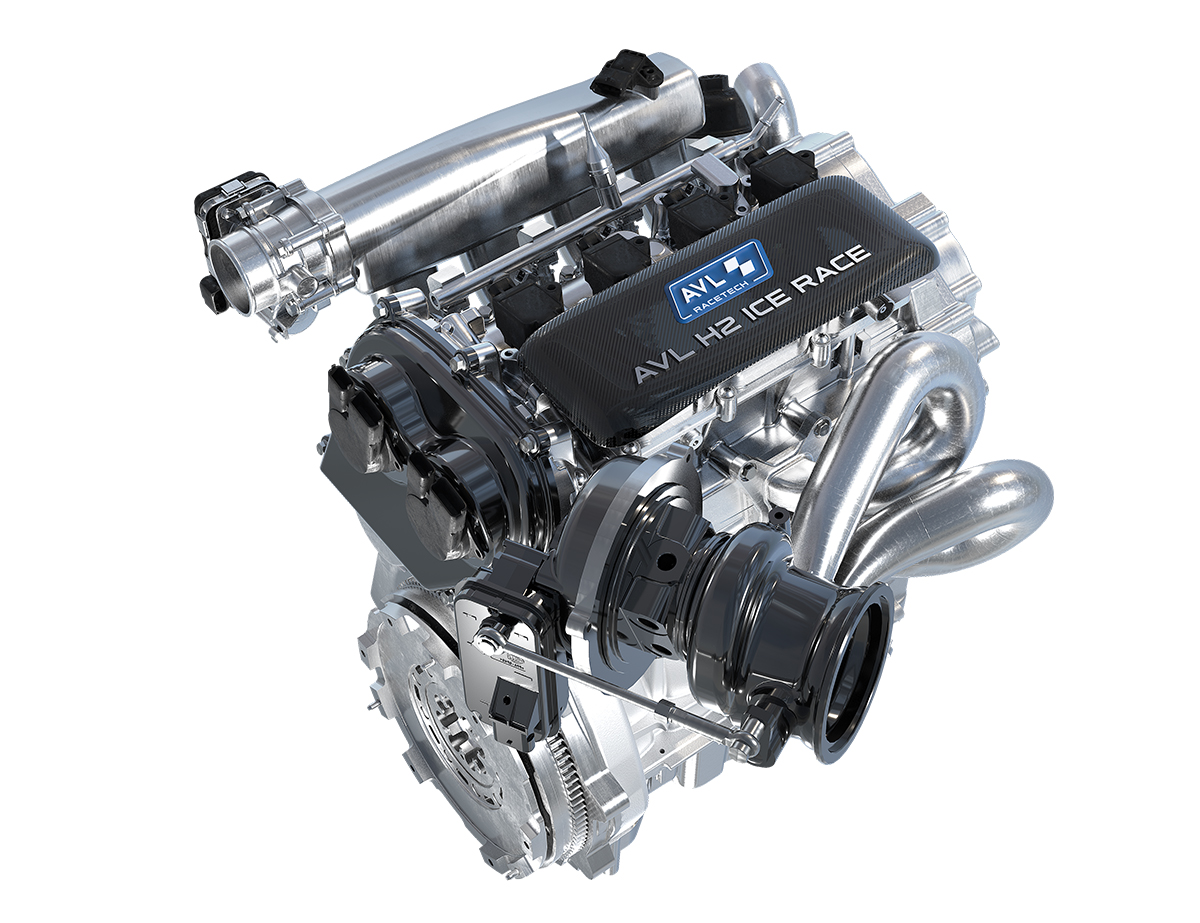Vehicle technology
Motorsport is a continuous optimization process. This applies to all areas, but particularly to the race car.
AVL RACETECH has effective methods, in order to identify a car’s potential for improvement, using complex interaction between components.
Furthermore, our engineers have a unique practical experience, gained in various different high-quality motorsport
categories. They know exactly what it takes to win races and championships. In combination with our advanced simulation and
analysis tools, they can successfully improve and optimize components, such as dampers and brakes, in our test facilities.


